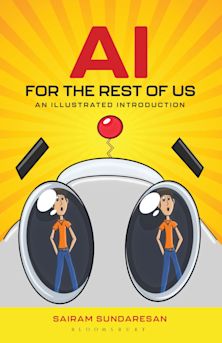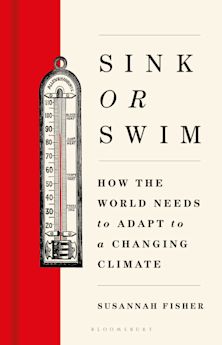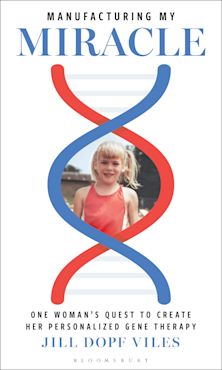You must sign in to add this item to your wishlist. Please sign in or create an account
Description
Have you ever been told to smile more, been teased about your accent, or had your name pronounced incorrectly? If so, you've probably already faced bias in your everyday life.
We like to believe that we are all fair-minded and egalitarian but we all carry biases that we might not even be aware of. We might believe that we live in a post-racial society, but racial tension and inequality is pernicious and pervasive. We might believe that gender inequality is a thing of the past, but it is still ubiquitous.
Unconscious bias has become a frequently-used term in our vocabulary, but there are still so many myths around it. For the first time, behavioural scientist, activist and writer Dr Pragya Agarwal unravels the way our implicit or 'unintentional' biases affect the way we communicate and perceive the world, and how they affect our decision-making, even in life and death situations. She takes a unique inter-disciplinary approach combining case studies, personal experience, interviews and real world stories underpinned by scientific theories and research. She covers a wide range of implicit biases in depth, including age-ism, appearance, accents, sexism and aversive racism. Throughout, Pragya answers questions such as: do our roots for prejudice lie in our evolutionary past? What happens in our brains when our biases are activated? How has bias affected technology? If we don't know about it, are we really responsible for it? Can we ever completely get rid of unconscious bias
At a time when partisan political ideologies are taking centre stage, and we struggle to make sense of who we are, who we want to be, and who we will become, it is crucial that we understand why we act the way we do, which means understanding what unconscious bias really is and how it functions within all of us. This book will enable you to reflect and consider the forces that shape us all. And, it will open your eyes to your own biases in a scientific and non-judgmental way.
Product details
| Published | 20 Jul 2020 |
|---|---|
| Format | Paperback |
| Edition | 1st |
| Extent | 448 |
| ISBN | 9781472983466 |
| Imprint | Bloomsbury Sigma |
| Dimensions | 216 x 135 mm |
| Publisher | Bloomsbury Publishing |
About the contributors
Reviews
-
Agarwal's diagnosis of the political harms of bias is passionate and urgent.
Guardian, Book of the Week
-
Fascinating, sometimes challenging, read, for fans of Caroline Criado Perez's Invisible Women and Angela Saini's Superior.
BBC Science Focus, Best Science Books of April
-
A fascinating and vital read.
Good Housekeeping
-
A well-researched and cogent work. It accessibly reveals the insidious nature of stereotyping and does much to encourage readers to examine - and take responsibility for - their own implicit biases.
Publishers Weekly
-
A serious exploration of the neuroscience and psychology of bias. Solid, definitely-not-dumbed-down popular science.
Kirkus Reviews
-
An important look at one of the issues facing Western society today. This book exposes the insidiousness of unconscious bias and offers us a way to change the way we think that is practical, useful, readable and essential for the times we are living in. You need to read this book and think about the way you live and how you view others.
Nikesh Shukla, author and editor of The Good Immigrant, screenwriter and fellow of the Royal Society of Literature

ONLINE RESOURCES
Bloomsbury Collections
This book is available on Bloomsbury Collections where your library has access.




































